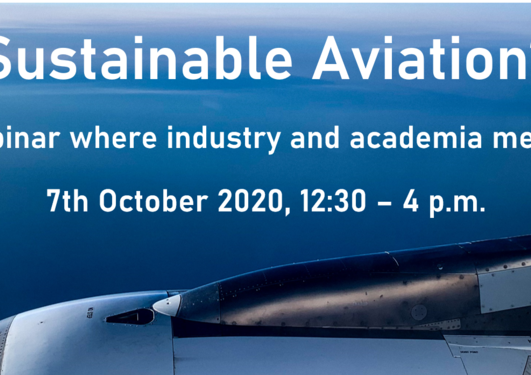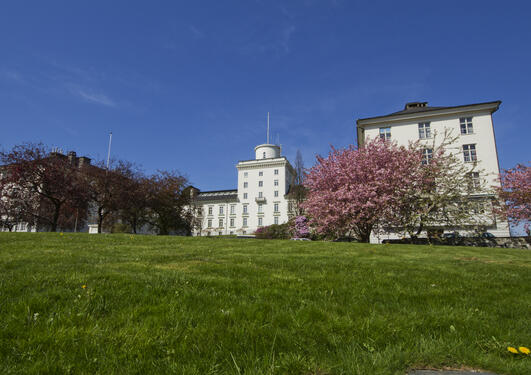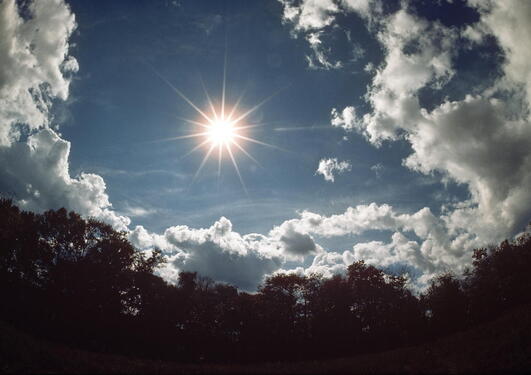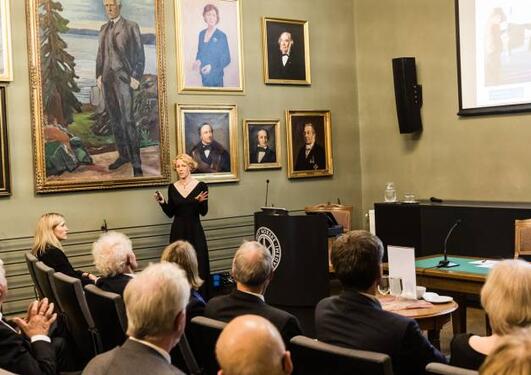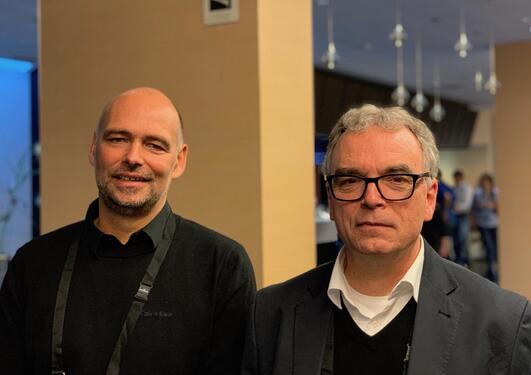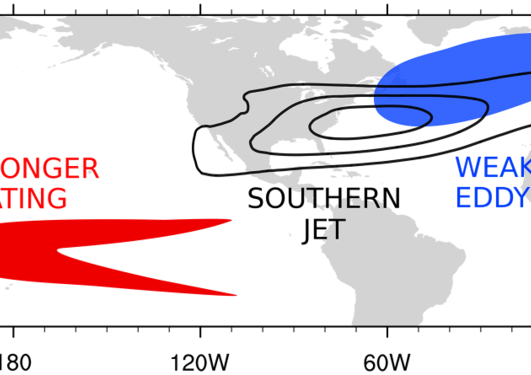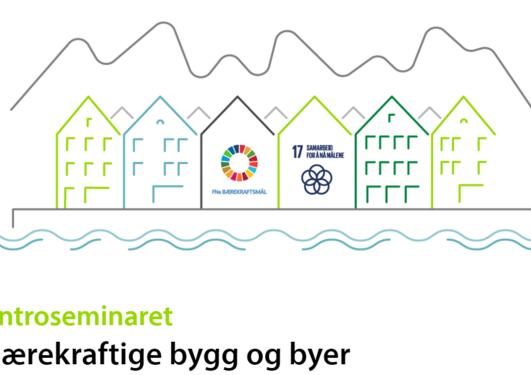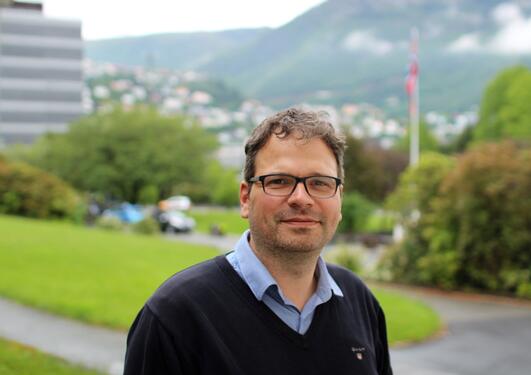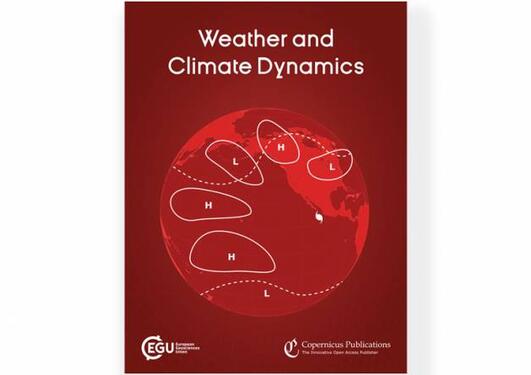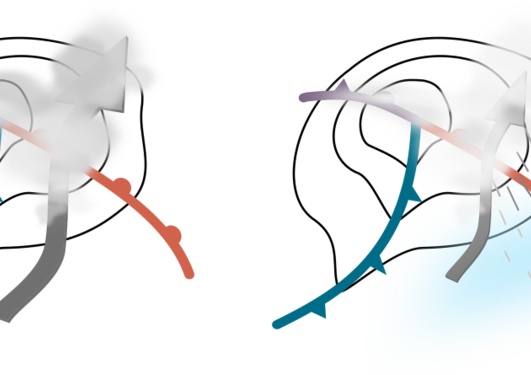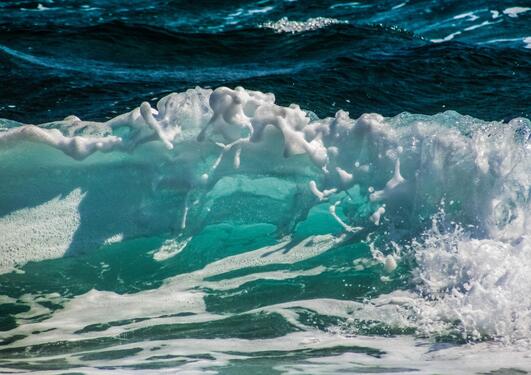News archive for Geophysical Institute
Because of the current covid-19 situation in Bergen, this half-day seminar will be digital! This is the third in a series of transport related half day seminars considers the topic of a more sustainable future for aviation.
On Wednesday the 18th of December we will have our first meeting where we start planning the program for the coming spring 2020. The program will be announced at the beginning of the semester, so stay tuned for news on the website and our social media channels!
This fall we have covered several topics and disciplines, ranging from carbon capture, to hydropeaking, and energy security. In this newsletter you will find a short summary of a couple of our meetings, in addition to the thoughts of one of our master’s students who got the opportunity to continue working with her project on ocean wind after finishing her masters, and an outlook on the semester... Read more
The yearly lecture at the Norwegian Academy of Letters and Sciences.
In the mid-latitudes the weather changes quickly. Changing winds influence the heat exchange between the atmosphere and the ocean. A new study by Fumiaki Ogawa and Thomas Spengler shows how important it is to consider short-term phenomena like extratropical cyclones and cold air outbreaks when calculating air-sea fluxes. Read their account below.
In a number of European countries, there is a clear imbalance between long-term disaster risk reduction and short-term preparation, according to a new study. With increasing amounts of data, there is a potential for investments in long-term reduction measures, but data availability is not enough. Jenny Sjåstad Hagen, co-author of the study, writes about the importance of data interoperability.
What are our safe operating spaces for the ocean? This is the starting question for the new EU Horizon 2020 project COMFORT.
The location of the jet stream influences European weather at all times. A new study links its position both to local weather systems and to the far-away Pacific Ocean. Lead author Erica Madonna explains.
The 22-23 October Entro is organizing a seminar on sustainable cities and buidings, and as this is an important issue in relation to renewable energy, we would like to spread the word. The seminar will be held in norwegian. Below is their own description of the seminar
How can the academic community make an impact to get vital information on climate change across to decision-makers? By engaging in the type of quiet science advice provided by Benjamin Pfeil and his team at the University of Bergen.
Camille Li is editor for the new open-access EGU publication.
Earlier this August Statsraad Lehmkuhl sailed to Arendal, combining the voyage with a climate and renewable energy conference in collaboration with the Bjerknes Centre
Climate simulation models include more and more processes – not only physical, but also biogeochemical cycles. Can single individuals keep an overview of the major factors governing climate change? Christoph Heinze has led a study that can help you. He presents the new article here.
Evaporation demands energy, condensation releases energy. Both can affect the development of midlatitude cyclones, often associated with clouds and rain. A new study addresses how evaporation of rain contributes to cyclone development. Lead author Kristine Flacké Haualand explains.
The program for the fall 2019 is being planned as we speak, and we can already tell that a number of different topics will be addressed.
Our program this spring has been diverse, covering a broad range of topics and disciplines. Here in this newsletter you will find a short summary of a couple of our meetings and seminars, in addition to the thoughts of one of our most recent master’s students and an outlook on the semester to come.
Allocations from the Academy Agreement between UiB and Equinor were announced on 28.06.2019. Four research projects on offshore wind received funding. In addition BOW was allocated funding for two Associate Professor II positions.
«The mid-latitudes are one big, chaotic mess”, says Camille Li.
Pages
- 2025
- 2024
- 2023
- 2022
- 2021
- 2020
- 2019
- 2018
- 2017
- 2016
- 2015
- 2014
- 2013
- 2012
- 2011
- 2009
